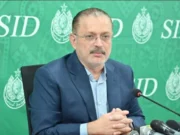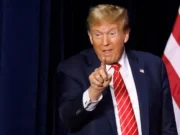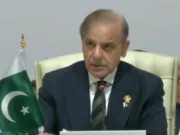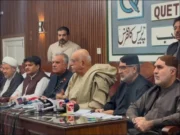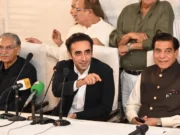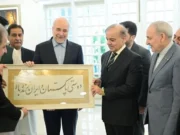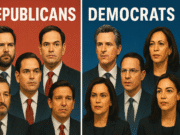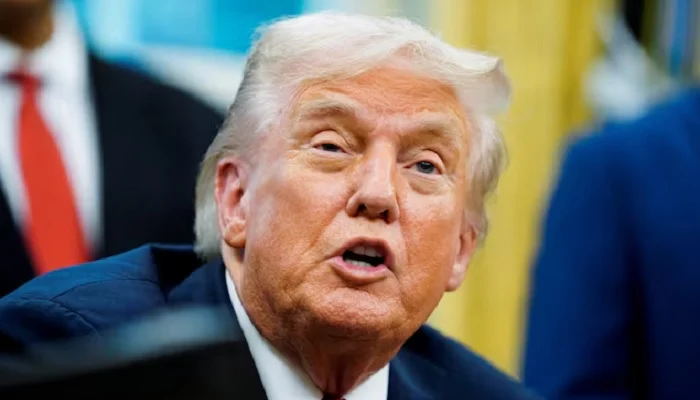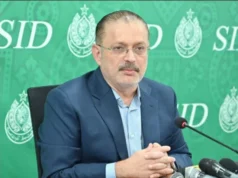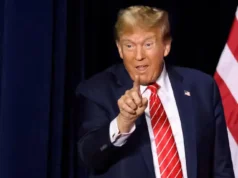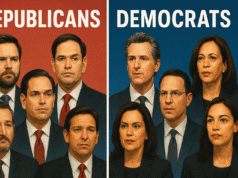New Delhi / Washington
Excerpt: At a White House event, US President Donald Trump said Prime Minister Narendra Modi pledged to stop buying Russian crude — a claim New Delhi declined to formally confirm. The development, if accurate, could reshape global oil flows and Washington’s strategy to squeeze Moscow’s energy revenues.
Lead
US President Donald Trump told reporters that Indian Prime Minister Narendra Modi had assured him India would cease imports of Russian crude — a statement New Delhi neither confirmed nor denied. The exchange marks a potential pivot in international energy relations as the United States presses major buyers to curb purchases of discounted Russian oil.
What Trump said
Speaking at a White House briefing, President Trump said Modi had given a clear commitment to stop buying oil from Russia. Trump described the pledge as a “big stop” and added that, following India, Washington would seek to persuade China to follow suit. He acknowledged that ending shipments wouldn’t be instantaneous but said the process would be completed “soon.”
India’s official stance
India’s Ministry of External Affairs responded by underscoring that New Delhi’s energy policy is guided by the need to protect consumer interests. A spokesperson reiterated that India seeks stable prices and secure supplies and that import decisions are taken with those priorities in mind. The ministry did not directly confirm Trump’s account.
Why it matters
Since early 2022, when Western buyers largely curtailed purchases of Russian crude after Moscow’s invasion of Ukraine, India and China have absorbed a significant portion of Russia’s seaborne exports — often at deeply discounted prices. A formal Indian move away from Russian oil would represent a major shift in demand dynamics and could intensify pressure on Russian revenue streams.
Context: US pressure and tariffs
The White House has recently taken measures aimed at discouraging countries from buying Russian oil. In August, the United States imposed tariffs on a range of imports from India — a move officials framed as pressure to reduce energy purchases from Moscow. Trump has emphasized bilateral leverage as a tool to isolate Russia economically rather than relying only on multilateral sanctions.
Practical and commercial realities
Energy contracts, shipping logistics and refinery configurations make sudden supply changes difficult. Officials on both sides have admitted that stopping imports is a process that requires time to unwind existing shipments and secure alternative supplies. India imports more than 85% of its oil needs and has been diversifying sources to balance price and supply security.
Reactions and diplomatic signals
Analysts say New Delhi has long balanced relations with Moscow and Western partners, prioritizing energy security and strategic autonomy. Any formal announcement to halt Russian crude would likely follow internal consultations and alternative sourcing arrangements. For Washington, a shift by India could be framed as diplomatic success; for India, it would need to be justified to domestic stakeholders concerned about fuel prices.
What to watch next
- Official confirmation from the Indian government clarifying the timeline and scope of any changes.
- Market reaction: crude price movements and changes in freight and refinery feedstock flows.
- Statements from Russian and Chinese officials on energy diplomacy.
Bottom line
President Trump’s public statement raises the prospect of a significant realignment in global crude flows. New Delhi’s guarded response reflects the complexity of energy decision-making under geopolitical pressure: balancing affordability, supply security and strategic relationships.


